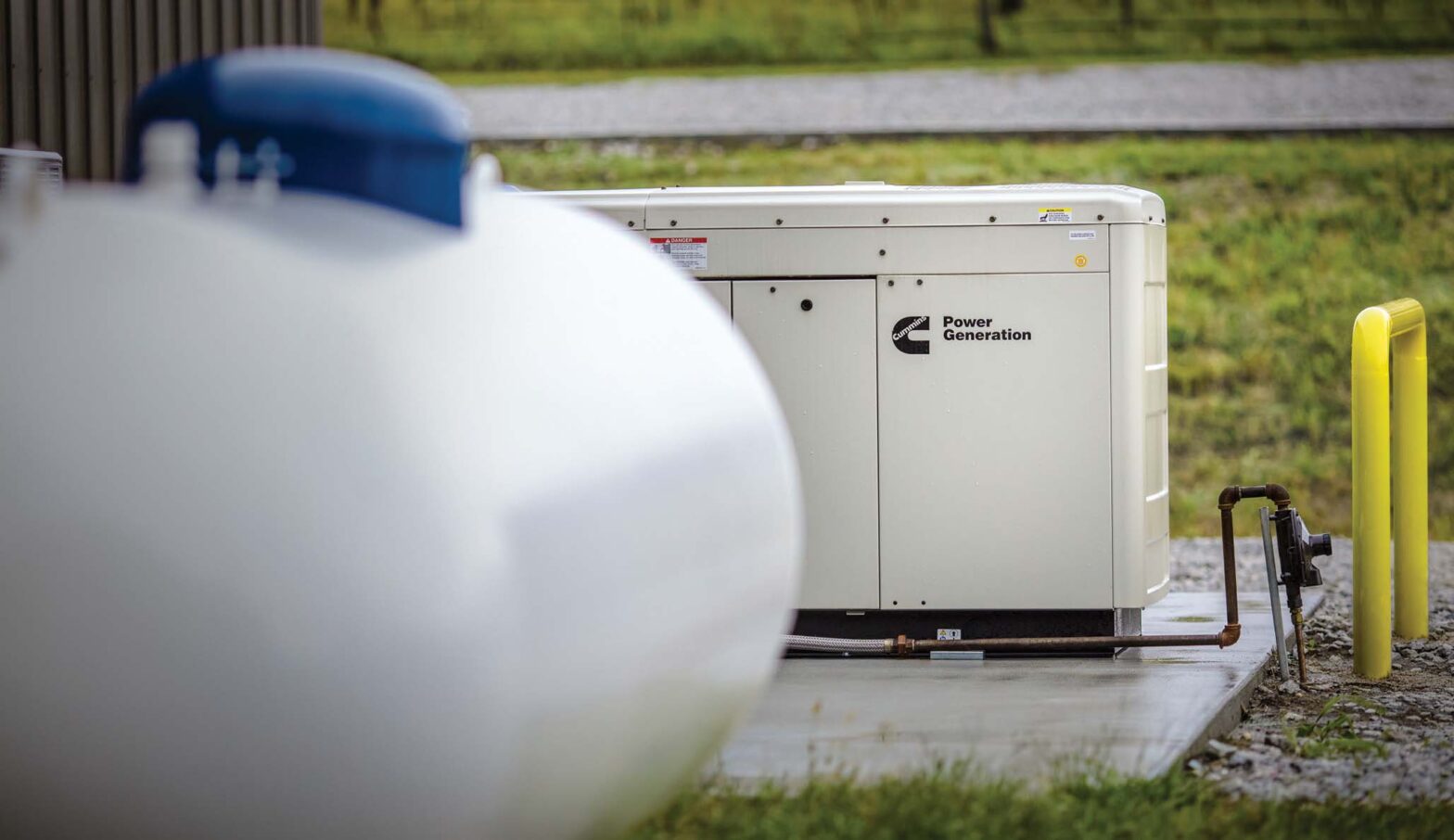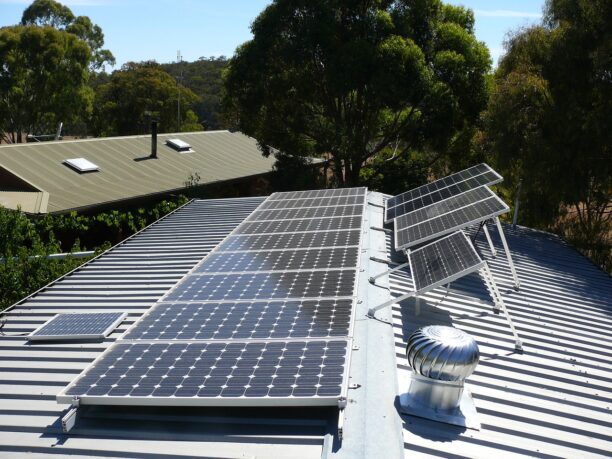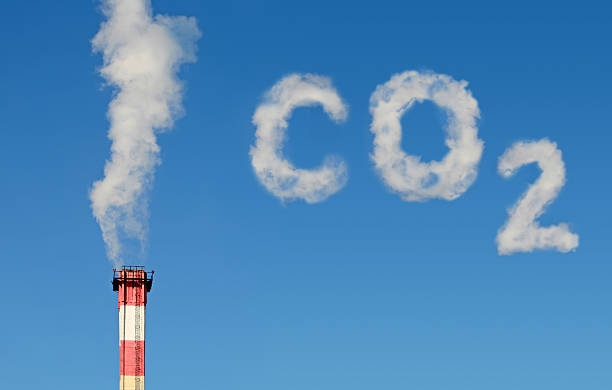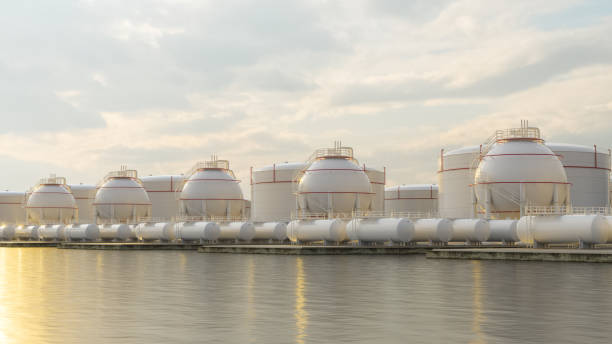Propane in Farming and Aquaculture
Fueling Growth in Agriculture and Aquaculture Propane, a versatile and clean-burning fuel, has found its niche in residential and commercial heating, agriculture, and aquaculture. Join us as we examine the innovative applications of propane in agricultural farming and fish farming, highlighting its benefits for efficiency, cost reduction, and environmental sustainability. Through exploring these uses, we… Continue reading Propane in Farming and Aquaculture









